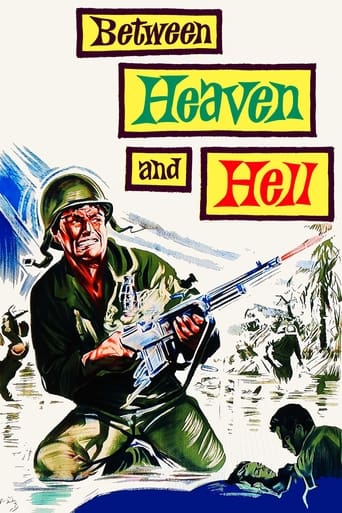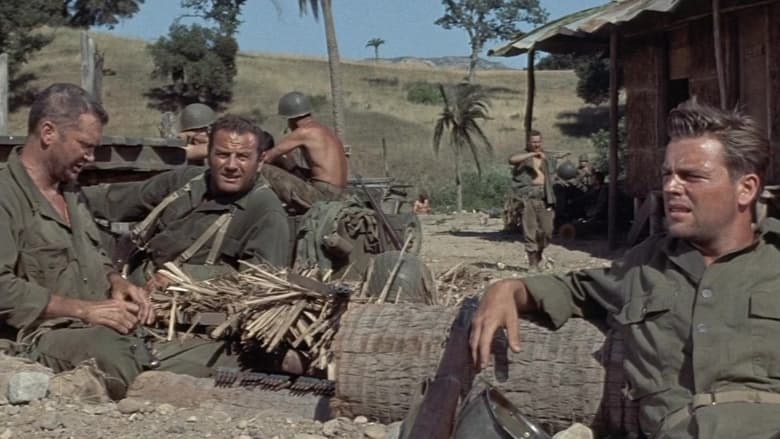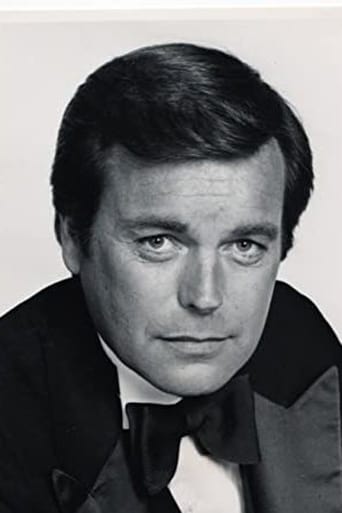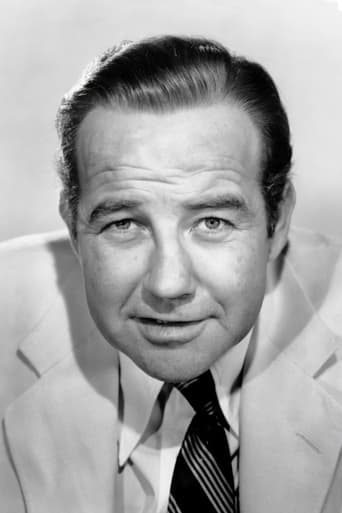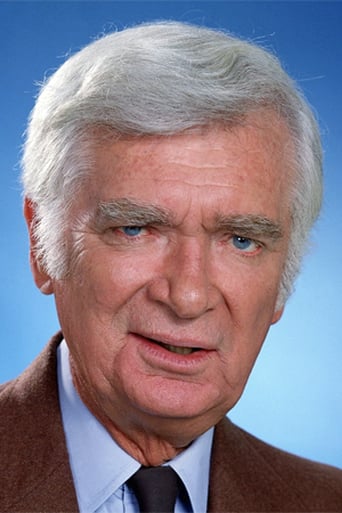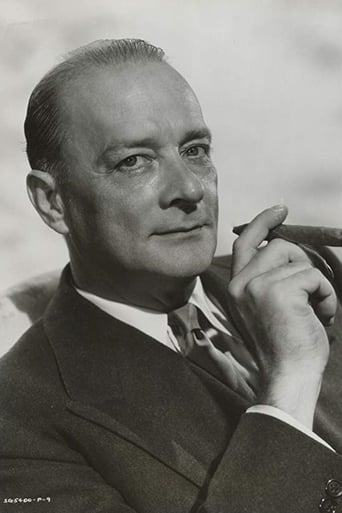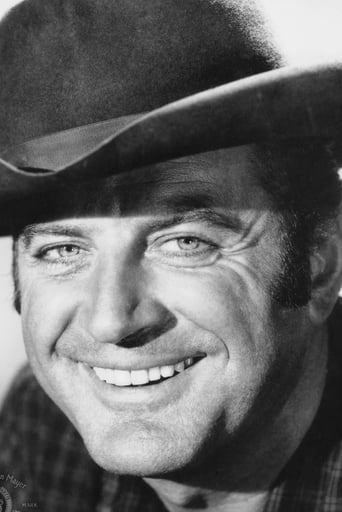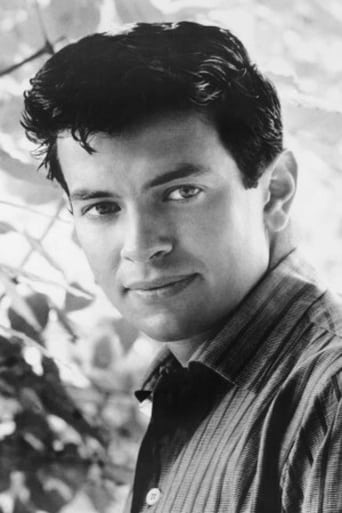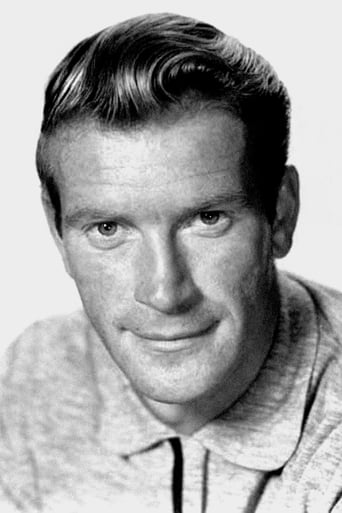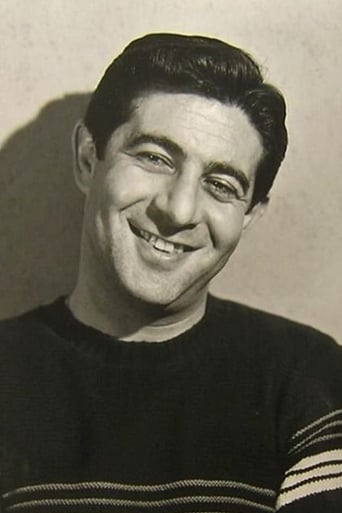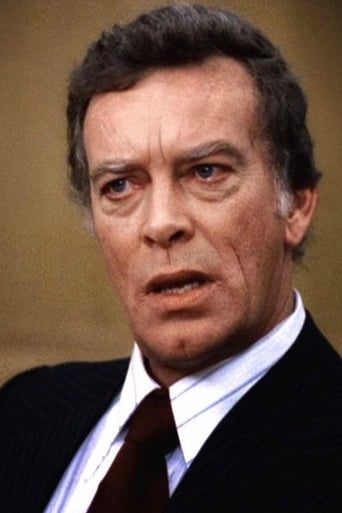Sam Gifford remembers : In prewar years he was an arrogant southern cotton plantation owner, married to the daughter of a colonel. At the beginning of the war he was mobilized with his National Guard unit as a sergeant. Came the day when, revolted by the cowardice of his lieutenant, who had fired at his own men, he hit him. Downgraded, he was sent to a disciplinary battalion. Sam now discovers his new detachment, his new commanding officer, just another cowardly brute, Captain Waco Grimes. While in combat, Sam will gradually become closer to the privates, working-class people he used to despise. He will become another man, a better man.


Similar titles
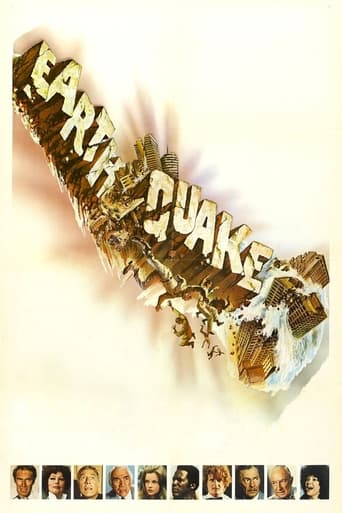
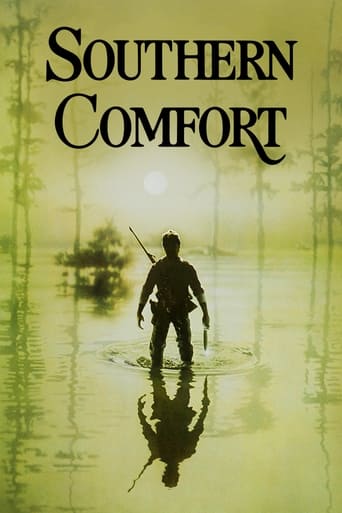
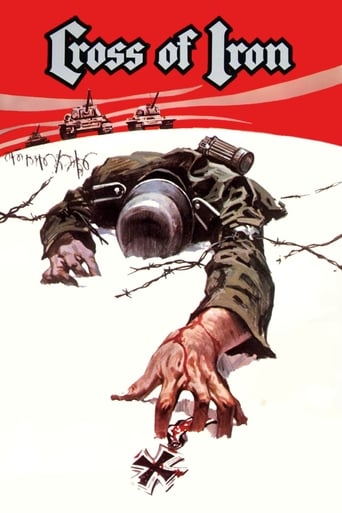
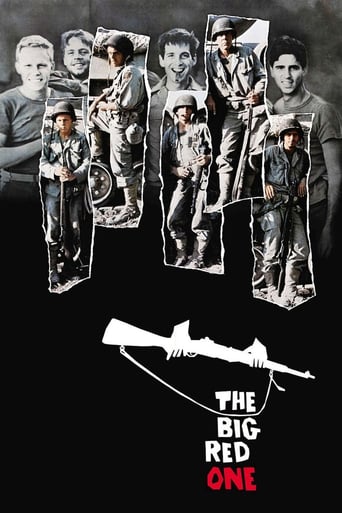
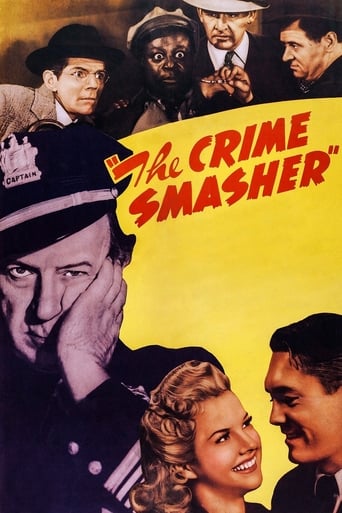
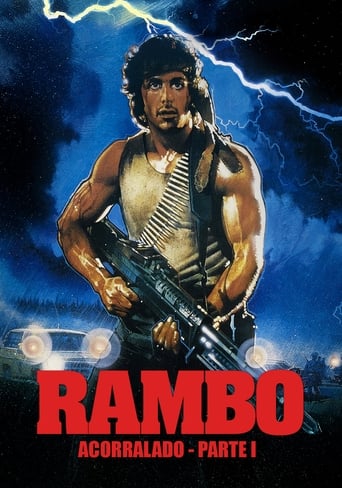
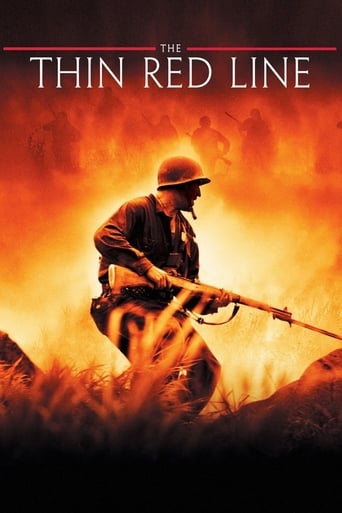
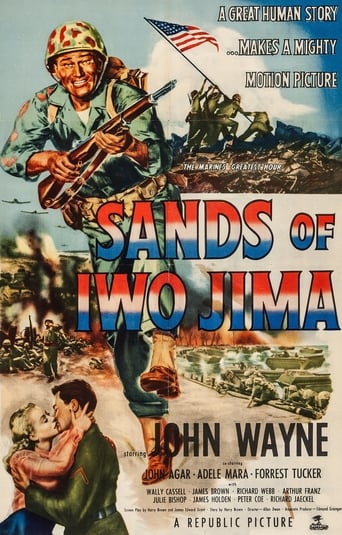
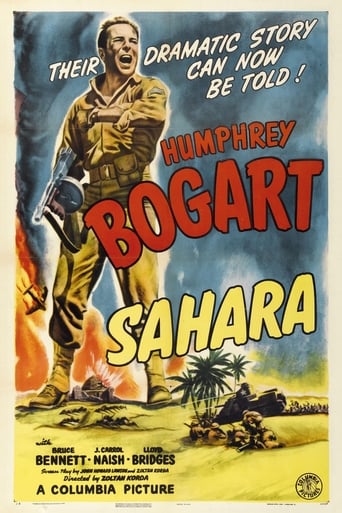

Reviews
Richard Fleisher's directorial career echoed, arguably on a smaller scale, that of David Lean in that both men turned in top-drawer small scale films at the start of their careers - The Narrow Margin, Brief Encounter etc - and then tended to get bogged down with 'epics'. Between Heaven and Hell sees Fleisher on the cusp, taking a hackneyed theme, Redemption, and making it seem if not quite new-minted at least months away from its sell by date. This time around it' pretty boy Robert Wagner who clearly models his pre-second world war Plantation owner on Simon Legree, gets caught in the draft and by serving alongside men who, in another life could well have been sharecroppers on his plantation - and one, Buddy Ebsen, actually was - sees them in a new light and becomes a better person. Broderick Crawford is the scenery-chewing maverick in an outpost that owes more than a little to Conrad's Heart of Darkness and the likes of Robert Keith, Harvey Lembeck and Skip Homier offer sterling support. One that got away.
Philadelphia-born Broderick Crawford makes an unlikely Texan and--wisely--does not try to sound like someone from Waco. But "Waco" is the nickname by which the soldiers in 'G' company are ordered to address him, never "Sir" or "Captain". You see, he doesn't want enemy snipers targeting him--a prudent precaution. However, this officer also is afraid, paranoid in fact, that one of his own men might decide to kill him. Accordingly, any soldier entering Company HQ must leave his weapon outside, and the Company commander is escorted at all times by two enlisted bodyguards armed with Thompson submachine guns.These two blond pretty boys apparently lead a privileged life and they may be more than just bodyguards. They sit languidly about in the grass shack, fondling their weapons and dressed in skimpy and tight-fitting undershirts--every other character in the wartime part of film wears full combat dress. In an early scene, after a typically harsh interview with a replacement soldier, the C.O. is seen retiring to his private quarters in the company of one of these bodyguards. And when that man is later killed in a surprise mortar attack, the gruff, veteran officer is said to have wept! A point is also made of the captain being unmarried. The script of this film is run of the mill. Crawford gets all the memorable lines.The state park in Calabassas, California looks nothing like a South Pacific island. Scenes lurch abruptly from the prewar American South to the battlefront. However, there are some really memorable performances--by a young, almost adolescent, Robert Wagner, by Buddy Ebsen and in particular by Crawford as the psychotic--and possibly perverted--company commander. Among other supporting players, Brad Dexter as a battle-hardened lieutenant disgusted by what he sees at Company HQ and not bashful about showing it, and the portrayal of an arrogant, overbearing bodyguard by the always interesting Skip Homeier merit special mention.
The location of what's directly Between Heaven and Hell is the Pacific Theater during World War II. Robert Wagner, recently a sergeant, but busted down for striking an officer, gets himself transferred to a new outfit. He's now in a company in a forward position on a remote Pacific Island where the outcome is still in doubt. There's one crazy captain in charge played by Broderick Crawford. He's a bit combat happy to say the least.Wagner was a spoiled rich kid who married the boss's daughter, Terry Moore, and he's pretty hard on the sharecroppers he manages. That all changes for Wagner during his service in the Pacific where his national guard outfit is now serving and he's with a lot of these same people and his life depends on them and they, him. He gets to reevaluate a whole lot of what he had believed before.Between Heaven and Hell is a no compromising look at the Pacific War and the men who fought it. Wagner does well in the lead role, but acting honors go to Broderick Crawford as the captain who's bucking for a section 8. When he does get relieved, note the interesting suicide by sniper scenario he sets up for himself. Also Buddy Ebsen plays a very similar role to the one he played in Attack which also came out in the same year. Ebsen plays one of the sharecroppers who Wagner previously looked down on. Ebsen was staging something of a comeback himself, he would soon be cast in Walt Disney's Davy Crockett and then in The Beverly Hillbillies. Some of those comic parts make us forget what a fine dramatic actor Ebsen could be. He just wasn't given the chance often enough.For those who like their war pictures with a minimum of flag waving, Between Heaven and Hell is definitely for you.
Composer Hugo Friedhofer, Oscar winner for The Best Years Of Our Lives(1946) turns in one of his finest scores in this unpretentious war film with a surprisingly focused performance by Robert Wagner. This, along with A Kiss Before Dying (also 1956) represents the best work Wagner did while a contract player at Fox. The music score uses the old "Dies Irae" motif to excellent effect, and Friedhofer's ingeneous way of rephrasing and reharmonizing this simple chant earned him a well deserved Oscar nomination. This story also addresses some issues like friendly fire, in the war scenes and issues of class and privilege on the home front.The dramatic tension created by the contrast between the battlefield and flashbacks to the Wagner character's home life is stunningly reflected by the music. They just don't write scores like this anymore, and they don't make unpretentious war movies anymore. Nowdays, everything has to be an $200 million spectacle.This film, with it's great supporting cast that includes Buddy Ebsen, Harvey Lembeck, LQ Jones and Brad Dexter, reflects what was good about the old studio system.Fox made these kind of movies better than any other studio- also check out The Desert Rats (1953). In Love And War( 1957) and The Young Lions (1958) are both great Friedhofer scores; then there'sZanuck's masterpiece, The Longest Day (1962) also starring Robert Wagner.This score represents Hugo Friedhofer at the height of his creative powers at a time when his work at Fox was very prolific. His last major score was One-Eyed Jacks (1961) and he is largely a forgotten figure today.
